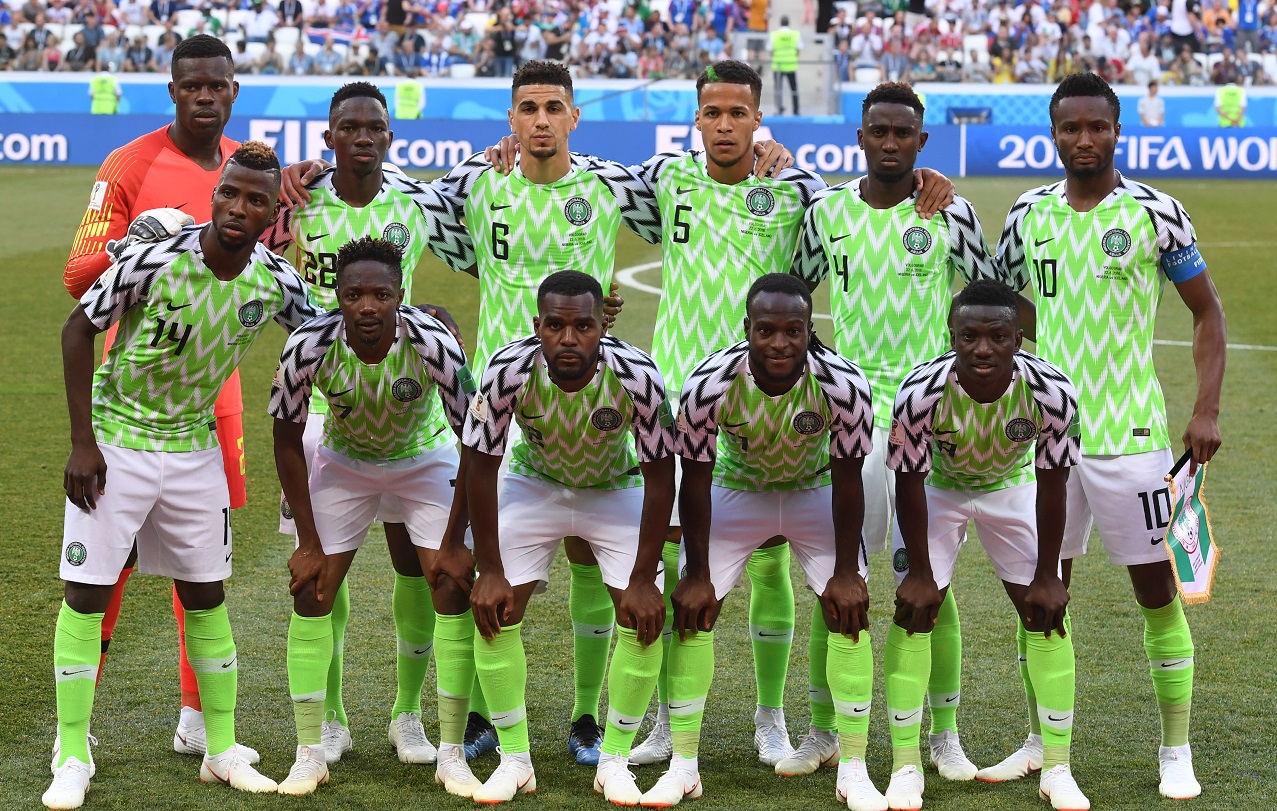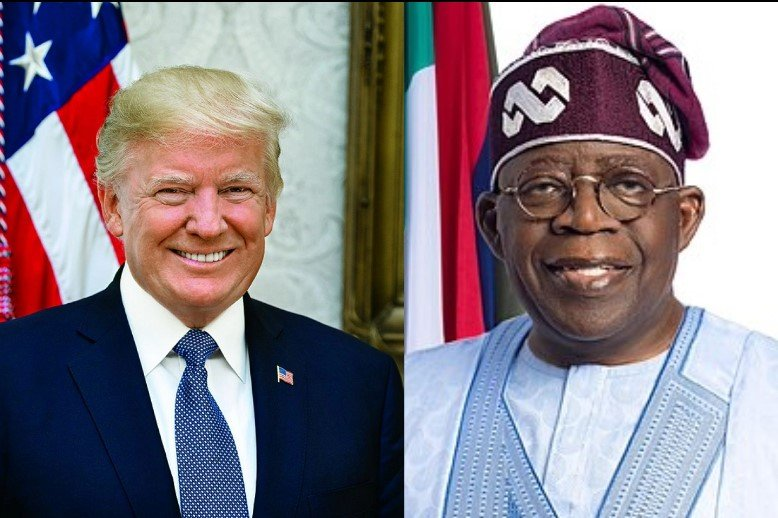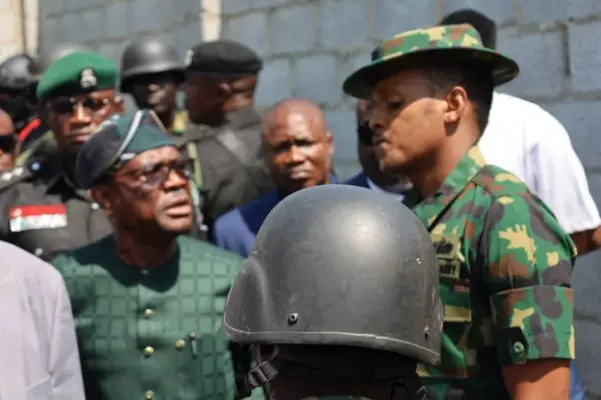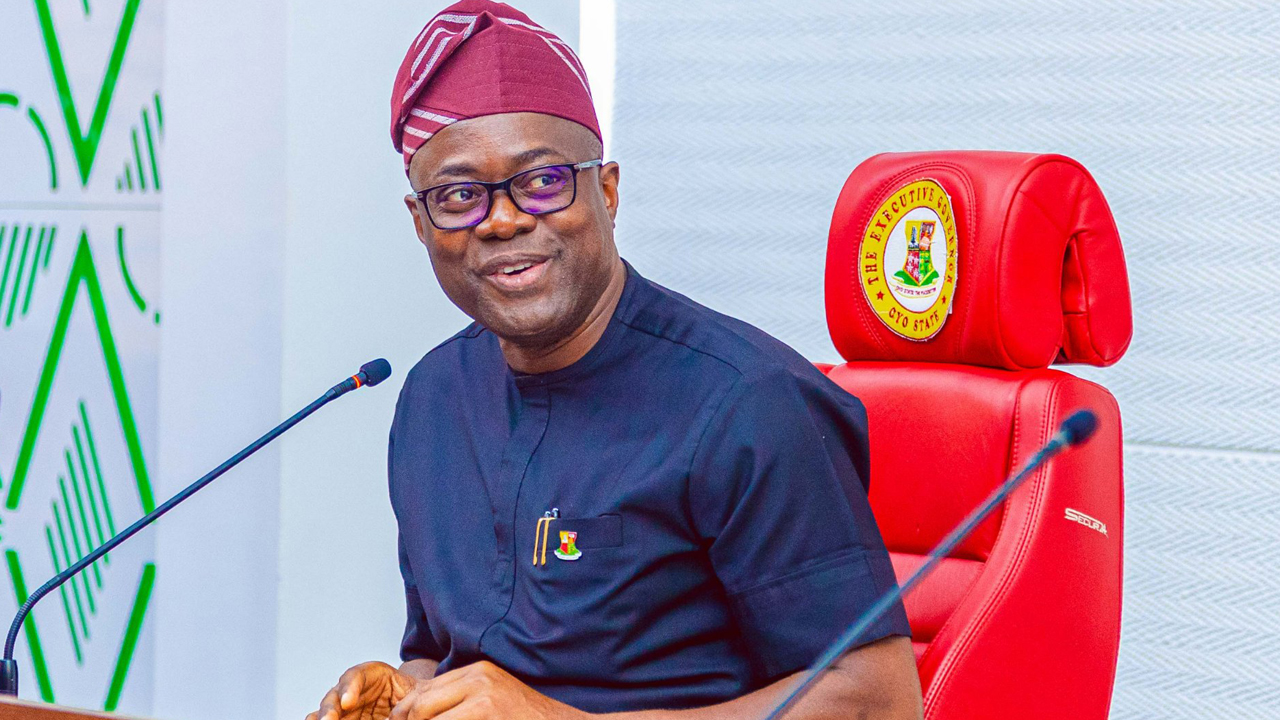
Nigeria’s President Muhammadu Buhari, congratulated the team on their unexpected victory over Iceland.
In a statement by the Special Adviser on Media and Publicity, Mr Femi Adesina, the President expressed delight at the confidence, discipline, team-work and indomitable spirit displayed by the Nigerian players.
He urged the team to sustain the current winning momentum by going all out against their last group opponent, Argentina on Tuesday.
“I am confident that if our players believe in themselves, they can qualify out of their difficult group and even go very far in the tournament,” he said. According to him, with determination on the part of the players, nothing is impossible.
Most of Nigeria’s big men including President of the Senate, Dr. Bukola Saraki who was still in Russia on Friday for some international parliamentary assignment with the Senate minority leader, Senator Godswill Akpabio, among others at home, quickly identified with the glimmer of hope for the country’s football ambassadors.
Our own iconic playwright, Ola Rotimi once noted that, “joy has a slender body that breaks too soon”.
Before the slender body of our joy breaks, let’s quickly remind our leaders who hope to benefit from sweet victories from Russia 2018 that all the federal and state stadiums in the country are still emblems of suffering of the beautiful game, and shame for the football-crazy people.
I was among a few participants left at a session of the International Press Institute’s (IPI’s) World Congress at the Transcorp Hilton Hotel last Friday while the Nigeria-Iceland qualification game was on.
Most local participants who are senior media executives had escaped via different openings of the Congress Hall of the hotel shortly before the 4pm kick-off time – to watch the do-or-die match with the much ‘dreaded’ Iceland.
Shortly before the match disrupted the IPI’s last discussion point for the day, “Why Nigeria’s Journalists Struggle to Make a Living and What We Can Do about It” a resource person from a developed economy at the preceding session had specifically counselled news media’s content managers and developers to note that sports and entertainment, should be considered first (ahead of hard news) among critical success factors to sustain human interest in the customer-centric business of journalism.
There is therefore no doubt that sports have become big global business.
Chief Segun Odegbami who recently lamented the incredible destruction and criminal neglect of the iconic premier stadium in Nigeria, the Liberty Stadium, Ibadan, stressed this sports-as-big-business element at a recent famous Platform of Covenant Christian Centre, Lagos.
But sadly, most of our leaders at all levels in Nigeria have come short of the glory of sports as business and entertainment.
What’s more, sports and notably football, have become Nigeria’s only sustainable unifying factor after the annulment of June 12 presidential election result, that had threatened to unify us 25 years ago.
Our leaders pay lip service to development of sports facilities.
The principalities and powers inside and around governments at all levels have also criminally locked out private sector gurus and enthusiasts who would have established the much needed Public-Private- Partnership (PPP) arrangement that would have triggered sports development in the country.
Everything about sport development is government-driven. In fact, the sports sector has been an epitome of corruption, opaqueness and chaos.
That is why even the two national stadiums in the two critical commercial and political capitals, Lagos and Abuja have become another emblem of shame, in this regard.
So, the only way to celebrate the resurgent Super Eagles is to get our leaders in Abuja specifically, to get angry at this time, freeze politics, just to fix the National Stadium in Surulere, Lagos.
They can swallow their pride and vanity and ask one of the few excellent sports facility developers including Senator Godswill Akpabio, who, as Governor of Akwa Ibom State (2007-2015), built the Uyo Stadium they mainly use for the national team’s qualification and friendly matches.
They should ask him (Akpabio) to share with them how to avoid mediocrity in project management.
This is not politics. It is logistics in nation building. Certainly, this is not a time for blame game.
It is not a time to blame the last administration for decay of the two stadiums in Lagos and Abuja.
It is a time for nation building and rehabilitation of the two national assets for entertainment and tourism they rarely think about.
The National Stadium, Surulere, Lagos, a symbol of the glorious days of Nigeria’s sporting supremacy in Africa, has been in a state of neglect and dilapidation. It has not been functional and the iconic sports complex known with pride as Nigeria’s Sports City some decades ago is now a derelict show of shame. The facility has been compromised by the invasion of weeds, rodents, wastrels and destitute of every kind.
On March 2, 2017, Nigeria’s Minister of Youth and Sports, Solomon Dalung, like many others before him, was in Lagos on a (facility) tour – to read from the Book Lamentation on the broken walls of the Lagos Stadium the Gowon administration built in 1972.
In the company of the Lagos State Governor, Akinwunmi Ambode and Nigeria Football Federation President, Amaju Pinnick, among others, the Minister inspected the dilapidated condition of the National Stadium.
Expectedly, the sports minister described the state of the stadium as a “national disaster”.
He called for serious and comprehensive action to reposition the stadium and return it to its pride of place. It was during the tour, the same Minister hinted at the idea that the Federal Government had agreed to transfer rehabilitation of the stadium to the Governor of Lagos State, Ambode.
The purported transfer is a metaphor for inefficiency of the central government. Certainly, such a national edifice and a symbol of unity should not have been neglected this way.
During the March 2017 lamentation tour, the minister who thanked the governor for his interest in the critical and capital-intensive project, expressed confidence in the ability of the Lagos state government to renew the facility. Parts of minister Dalung’s words at the site:
“We have gone round and we have seen the edifice in a sorry state.
Whatever we can do to arrest the situation, we must do it. In my village, there is an adage, which says once there is fire disaster, there is no choice of liquid and any liquid that can contribute to extinguish the fire must be mobilized including liquor….”
But despite several editorials in support of the deal with the Lagos on the stadium, there have been dark hints of some alleged plot by certain “powerful interests” to stop Lagos’ take-over of the National Stadium.
Now, it appears that the so-called powerful interests have struck.
One year and three months after the reported deal with Lagos, nothing newsworthy has happened.
Only Akwa Ibom and Rivers States have been covering up for Nigeria when it comes to football trainings and competitions.
Generally, there are no good stadiums with good pitches in the country.
What is more shameful, even the $360-million-dollar Abuja National Stadium has been abandoned to rot away.
At the moment, the premises of the stadium and the all world-class facilities including the velodrome are only good as a fertile grazing reserve.
The football pitch in Abuja cannot be used as poor maintenance has ruined it.
And nobody is talking about this kind of atrocity against one of the most expensive stadiums in the world. Dalong and company are already feasting on the grave of Abuja National Stadium.
The federal government approved the contract for the construction of the National Stadium complex and Games Village on 18 July 2000.
The stadium was constructed to host the 8th All Africa Games, which took place in October 2003.
Before then, although Nigeria had several stadiums in most parts of the country, not many met international standards.
The capital city of Nigeria, Abuja, was selected to host the 8th All Africa Games in 2000 (a regional multi-sport event held every four years, organized by the Association of National Olympic Committees of Africa) despite having no facilities for such a major sporting event.
The Federal Government of Nigeria embarked on a multimillion-dollar project for the construction of a state-of-the-art stadium and games village to be completed in time to play host to the All Africa Games.
The contract was awarded on 18 July 2000 from a choice list of about 80 different bidders.
Though people and stakeholders then had doubts about the possible completion of the stadium before the games.
However, construction went very smoothly and ended up being ahead of schedule.
As a matter of fact, the stadium was scheduled to be the host centre for the Miss World Beauty Pageant that took place later in 2002.
Unfortunately, an uprising that had a religious undertone then forced the pageant to relocate to the United Kingdom.
The official commissioning of the complex was on 8 April 2003.
Following its commissioning was the final leg of preparations for the games.
The games that year were the largest in All Africa Games history; 6,000 athletes from 53 countries competed in 22 sports, watched over by 1,200 officials.
Over 1,500 journalists reported for the world’s media. The games took place from the 4th to 18 October 2003, and was deemed successful by the stakeholders.
The host country, Nigeria, accumulated a total of 226 medals, emerging as leader of the games that year.
Apart from the All African Games, the stadium has played host to many important football matches, such as World Cup qualifiers between Nigeria and other countries.
The first game played at the stadium was a football (soccer) match between two local rival teams: the Shooting Stars of Ibadan and Sunshine Stars of Akure on 8 April 2003 [5] The first goal scored in the complex was from Shooting Stars’ striker Shakiru Lawal who scored the only goal of the game after just five minutes.
But that stadium is no longer good for anything despite the presence of the Sports Ministry and National Sports Commission and the almighty landlord, the Federal Capital Territory Government.
Therefore, as the nation is celebrating the Super Eagles in Russia, the most significant tribute would be setting up of a Presidential Task Force to revive the two National Stadiums in Lagos and Abuja.
Abuja’s segment is simple: it requires just some efficiency, sincerity and diligence.
But it will be much appreciated if the President can visit Lagos again to see the architecture in the ruins of the iconic National Stadium and the peculiar mess of the roads to the Apapa Ports, which will be another eye-opener to some little foxes that spoil his vines.
[ad unit=2]





